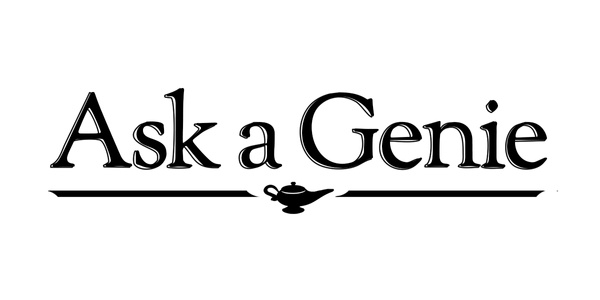A Rant About Integrity
Our publisher indulges in a diatribe concerning the linguistic history and essential tendencies of integrity.

I watched a few basketball games in March, which is to say I watched a little basketball and a lot of commercials. I rarely watch sports, and my immunity to that sort of advertisement has waned. If I'm too slow on the mute button, I can end up frozen like a startled goat, transfixed and overwhelmed. Yet I do learn things. I'm glad to report that men's underwear can promote itself, now, as "soft, smooth and luxurious," which is progress, in my mind. But the thing that really sparked my antenna, this time around, is the preponderance of the word integrity. The sports industry, the military, and (somehow) shoes and colas are all keen to sell integrity to the young men of the USA.
I like integrity. I'm not claiming to have it—I'd be a poor tycoon if I did. But I like it enough to be curious about the word.
Integrity owes its roots to the Latin tangere, which means 'to touch.' Its twin is the word tangible, which more closely preserves the original meaning. Both integrity and intangible mean the same: a thing that can't be touched. Like the "untouchable" Agent Eliot Ness, who couldn't be bribed by Al Capone, a person with integrity is one with untouchable principles.
But, when you think about, wouldn't you want a person's principles to be touchable? At least a little?
If you know a guy who sticks to his guns no matter what, and you need a word for that, the handiest one is stubborn. We might admire stubbornness, but we don't list it as a virtue. Stubbornness is a net loss. It causes more harm than good. If integrity wants to distinguish itself from stubbornness, it needs two essential supplements. It must:
- aim for the larger good
- base itself on well-founded information
Integrity has internal tension. However strongly it holds a belief, its readiness to change that belief when necessary must be just as strong. Integrity honors and seeks new information, if it wants to be any better than stubbornness. Stubbornness never admits an error, where integrity's shining moment is the one where it says, "I was wrong." But we shouldn't think change is the heart of integrity. Innovation is good at change, but innovation, without a purpose toward the larger good, is as far from integrity as you can get.
Speaking of the larger good, that word larger is the tricky one. Providing for one's family is a high-integrity calling, until you do so by cheating the community. And where you find men swearing oaths to protect their country from the 'other,' you'll likely see integrity outside, holding up a picture of the globe.
Before I shove my foot too far into my mouth, let me add that information is imperfect, and "the larger good" is a complicated mess of competing needs. It's expected, sometimes, that you'll find one person rushing to enlist, while another goes AWOL, both with unwavering integrity and the best information on hand. Our world is weird and nuanced, and there's not much good in sweeping judgements.
Yet it's safe to say this much: Loyalty, faith, and obedience all think they're integrity's boss. They see integrity around the office, nod to it in the lunch room, pass it in the hallway. They figure integrity must be in their employ—a janitor, they're pretty sure. While they can all be excellent things, they lack integrity's essential tension. In order to be sterling virtues, they require humility. When those three start walking around with a swagger, cigars in their mouths, integrity leaves them to their own business. Which means, as a rule, if loyalty, faith, or obedience try to sell you integrity on television, your mail order box will arrive empty.





